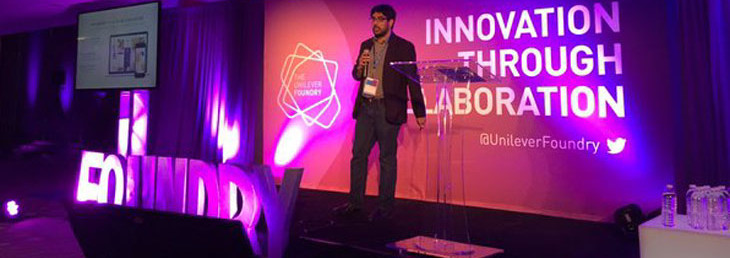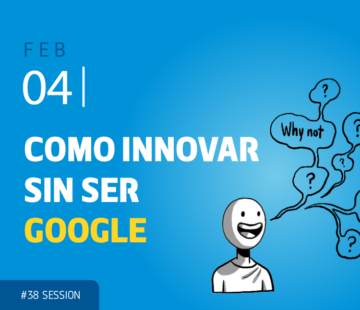400 Unilever brands are wanting too to be “infected” by startups

It’s amazing how quickly the idea of needing some others outside your own walls to innovate has spread among corporations during the last five years. When we started this blog just few years ago it was difficult to find examples of co-innovation programs between consolidated companies and startups, initiatives of this sort at least old enough to highlight them for their real developments. Now we have the opposite problem. The number of global corporations that already launched some sort of program or initiative to collaborate with startups reached 1.000. There are too many out there to choose just one with a particular interest.
But Unilever Foundry is an easy choice. It’s just necessary to have a look to the corporation numbers, to begin with. The Anglo-Dutch consumer packaged goods company is worth 59 billion dollars. Unilever owns over 400 brands of products including from food and beverages to cleaning agents and personal care. Its products are available in around 190 countries and reach a total of 2.000 million consumers worldwide. Besides, we like very much the motto of Unilever Foundry, “Innovation through Collaboration”, a slogan that could not encapsulate better the ideas we try to evangelize about from Co-Society.
Currently working in six countries, the Unilever Foundry was launched in the UK in 2014 as a one-stop shop for entrepreneurs seeking mentoring, projects to pitch for, and investment. The initiative aims to formalize all the company’s tech-facing projects, and create an open-door, “pitch-to-pilot” system for startups looking to work with a marketing giant. Startups need to be involved in one of the five areas of focus: Sustainability & Social Entrepreneurs, Marketing, Ad-Tech & Ecommerce, Enterprise Tech, Product & Ingredients and Consumer and Market Intelligence. Unilever Foundry has led so far to the launch of more than 100 pilots with 100 different startups, half of them finally scaled by the company.
Looking for a particular side effect
Enough is written and known about what startups look for in corporations as Unilever. But more diversity can be found among the different goals that different corporations have when wanting to get closer to startups. In the case of Unilever some of these reasons are worth to specially stress.
Of course, Unilever is looking to marry digital disruption and is craving for insights into new technologies and trends. And of course there’s the opportunity to make bets on future tech winners and create new revenue potential beyond selling soap and ice cream. But these are not the goals that grabbed our attention. There is another collateral effect Unilever is looking for.What Unilever really wants is to get “infected” by startups’ manners and attitude. The Foundry is also about shifting corporate mindset. As stated by Jeremy Basset, head of this initiative until recently, “start-ups are not just pioneering the future of marketing, but the future of everything. In a world that is changing so fast, experimentation and failure are actually the key ingredients to making sure you are leading the agenda and learning as you go. This is something startups know better how to do.”
Walking the talk
Unilever is not the first corporation to declare itself eager to emulate the processes and mentality of startups, but the Anglo-Dutch consumer goods company is one of the few actually trying to walk the talk when is time to relate with startups in a way to transform the company culture. For instance, by hosting internal events in which the main role of startups is to inspire employees and exchange knowledge with them.
Unilever have also created the Foundry Network, an internal network of all people within the company involved in their brand or function with the Foundry and any of the startups participating in the program. The goal of this network is to encourage these employees exposed to new technology spaces or mindsets to “infect” with it the rest of their activities in Unilever, thus embedding the Foundry effect on a much deeper level within the organization.
Finally, there is another last fact related with Unilever Foundry that is worth to point out, one regarding our fixation with the need of proper methodology and know how to implement successful collaboration and with the already mentioned in this blog current spring of a myriad of companies and consultancies offering it: The Head of Unilever Foundry during all these years, Jeremy Basset, recently left the company to launch his own new project called Co:Cubed, a company aiming to help other corporates benefit from the relationship with start-ups, and promising to allow businesses to have their own equivalent of Foundry up and running within 30 days.
Innovation Through Collaboration. The Unliver Foundry
Co:Cubed
